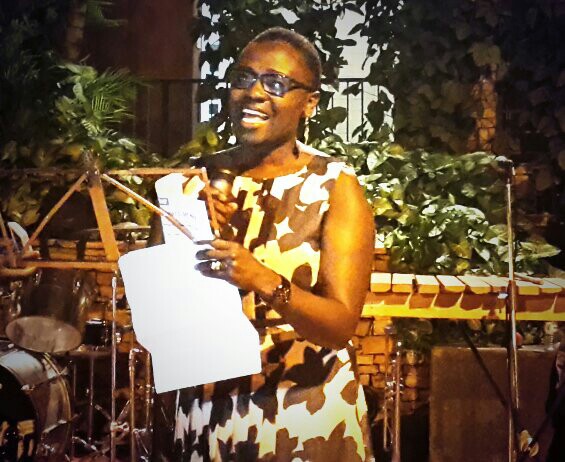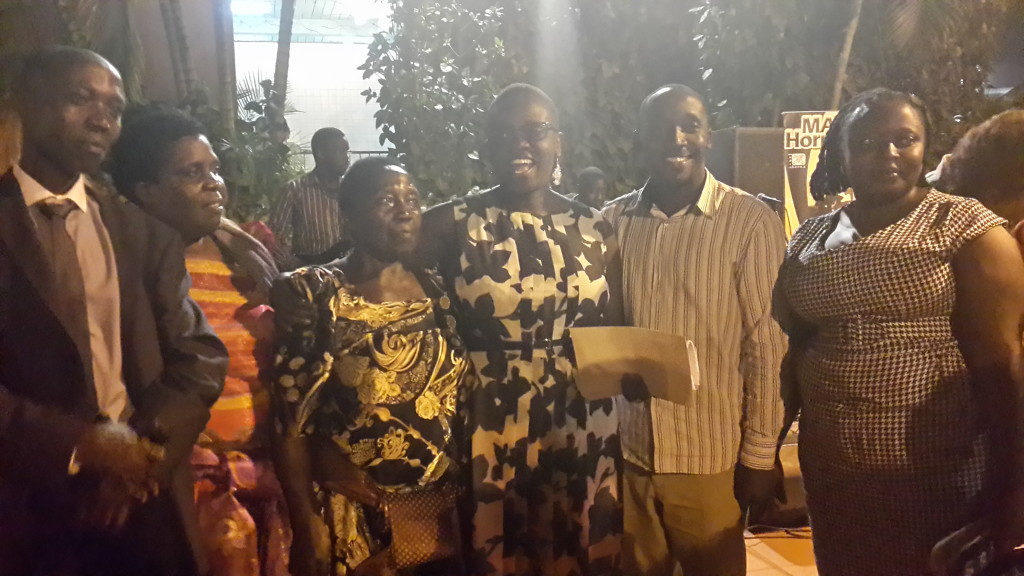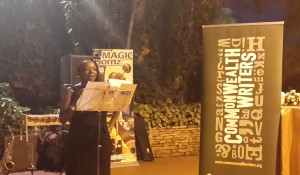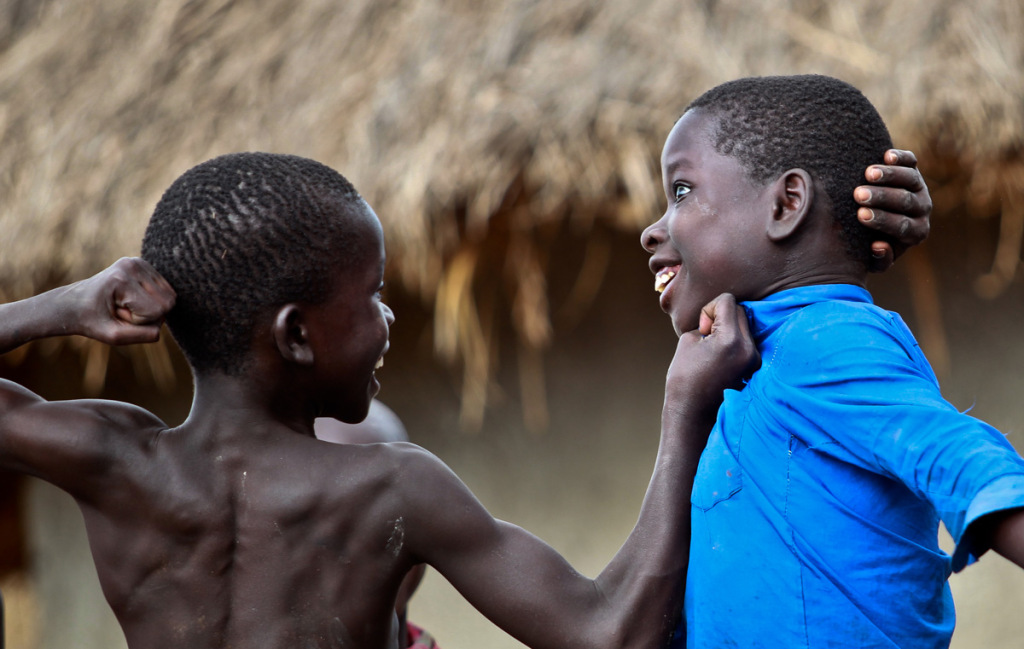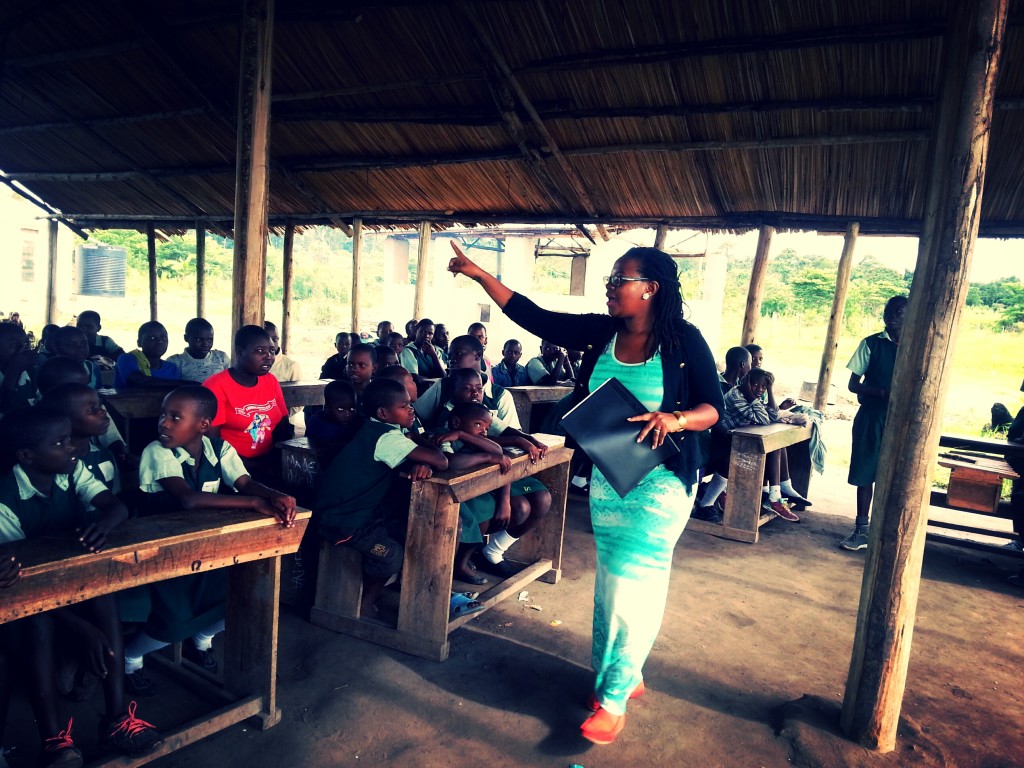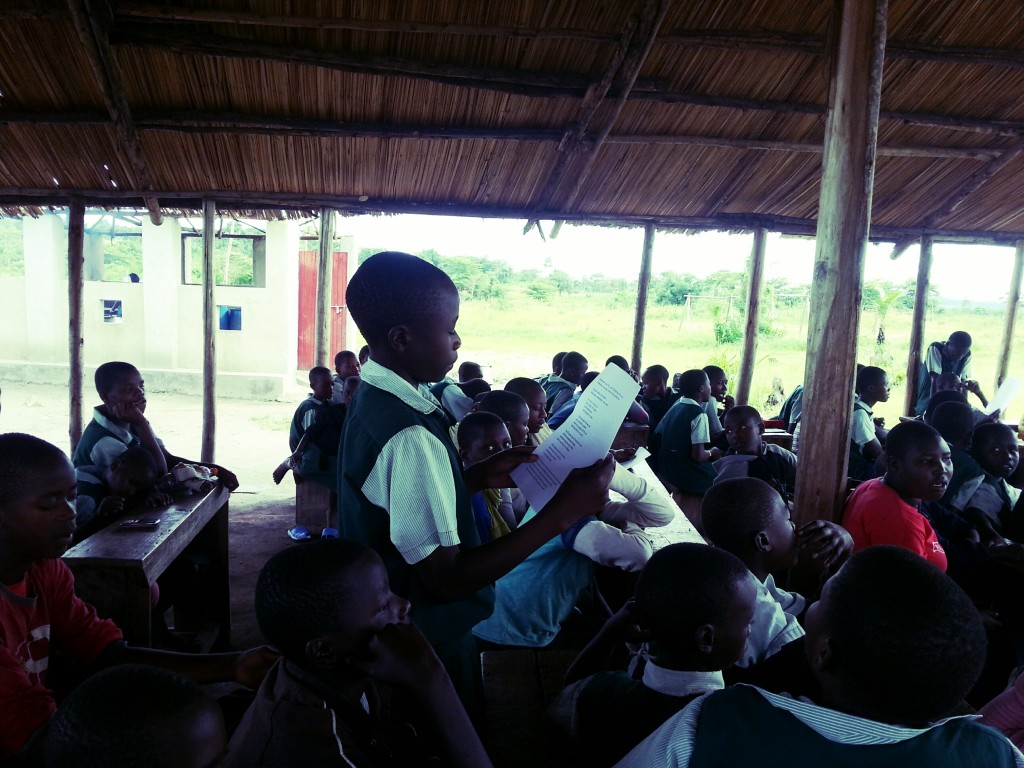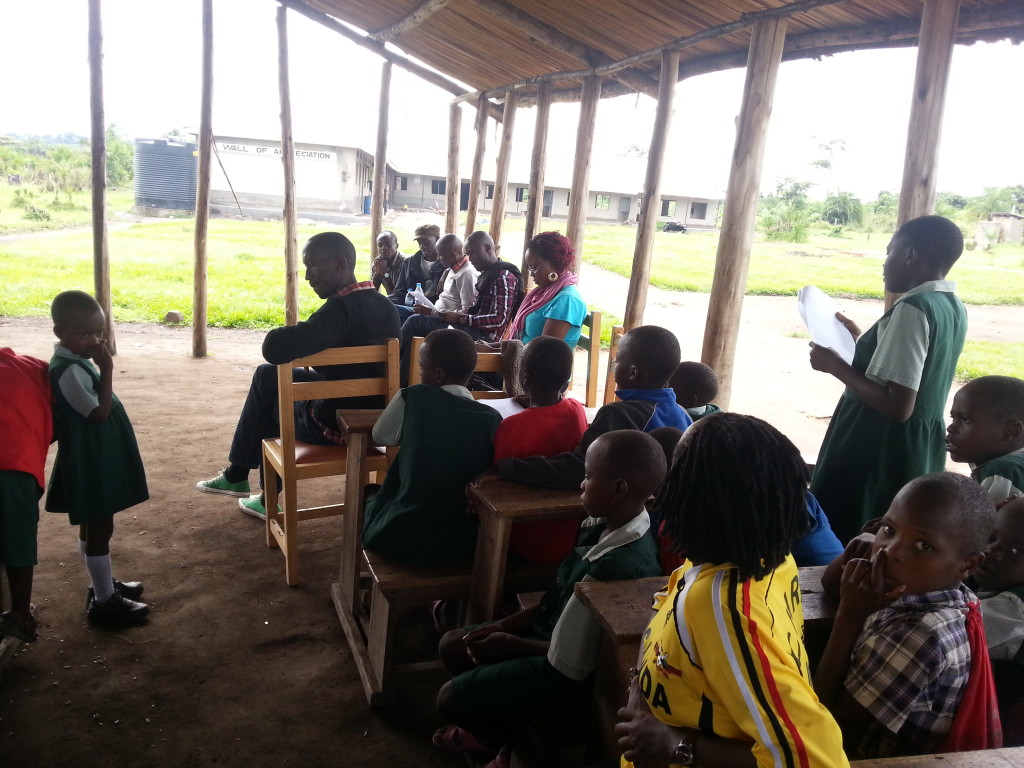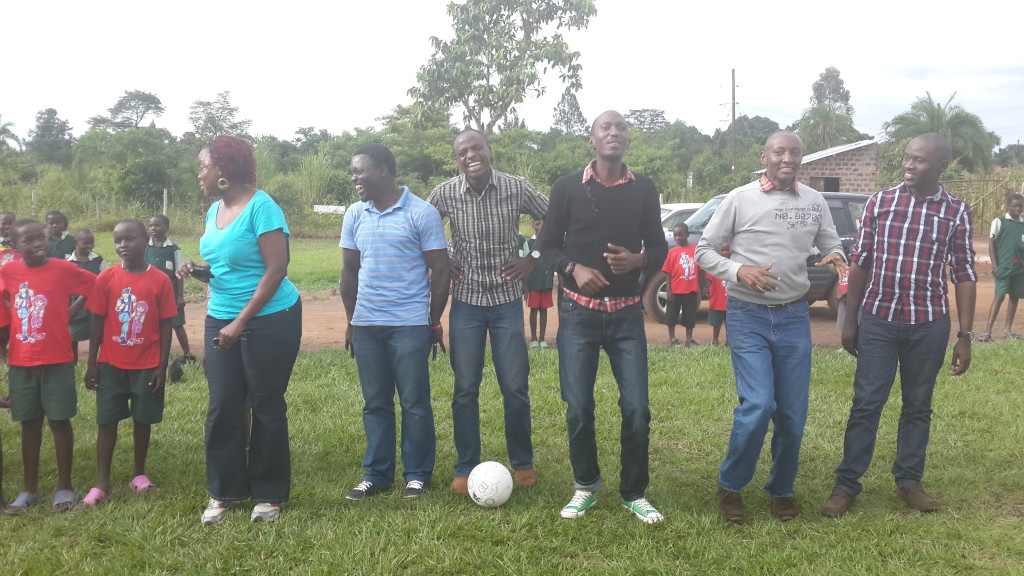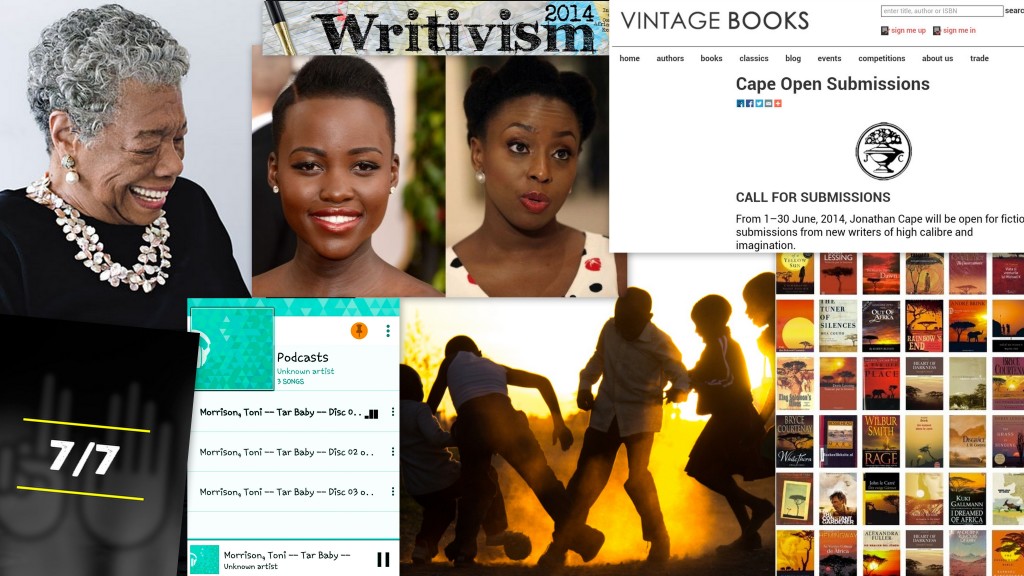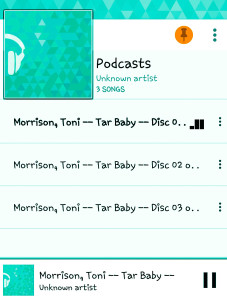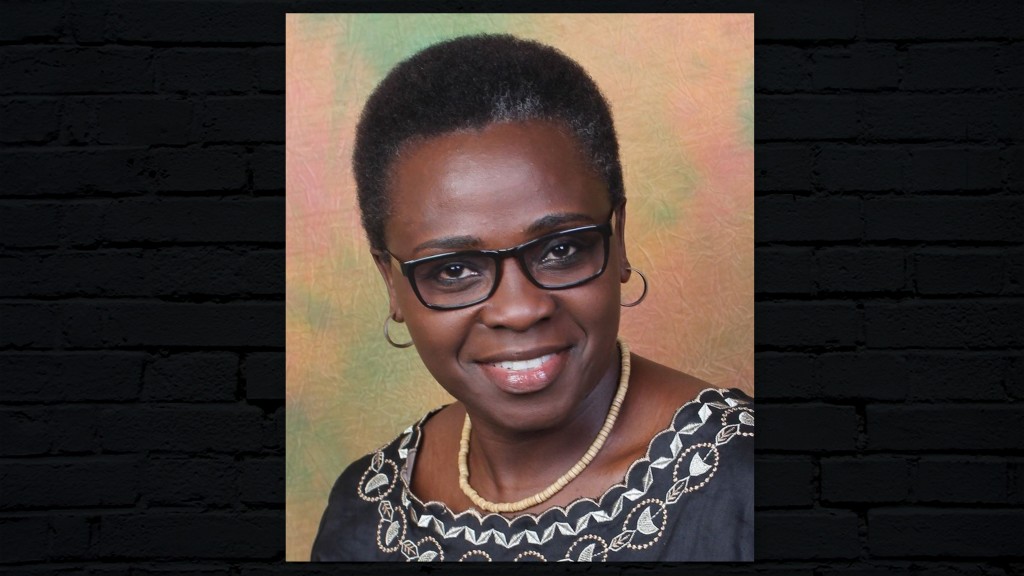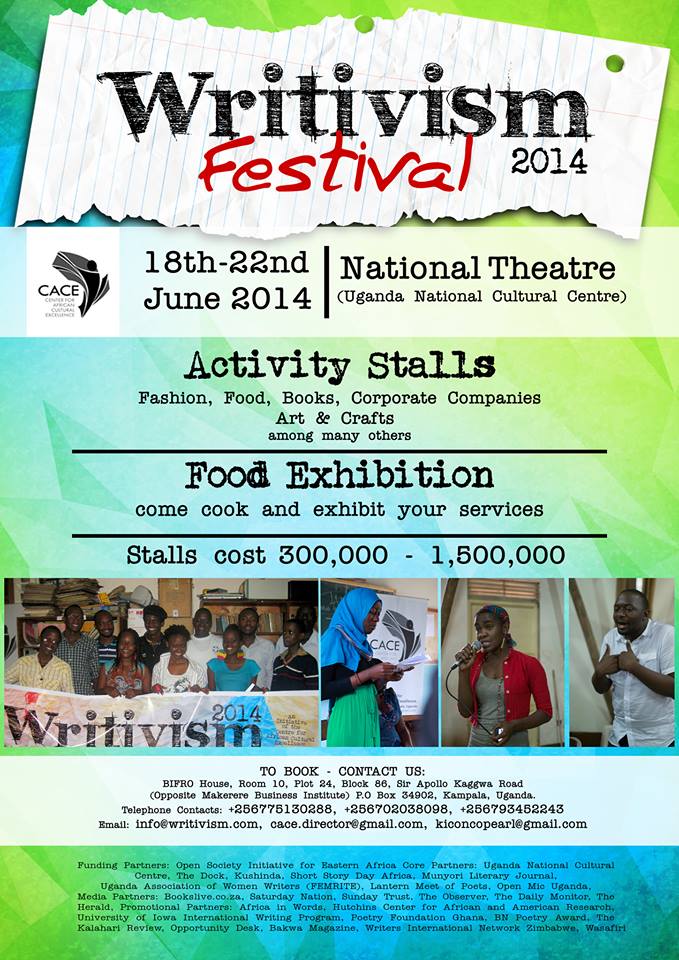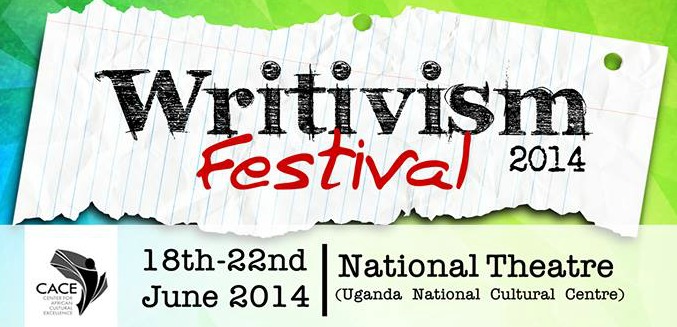
- “Maybe there is no proper way to react to something like that. That how one reacts is how it is meant to be.”
Photo by Edward Echwalu
You will pay for everything
For every pleasure-moment got
For every laugh-free breathed
You will pay for everything
For being born
For living
You will pay for everything.
Song lyrics we used to sing then.
…at the end…
Nobody spoke. The hall was silent. We all sat still in shock.
We looked at the speaker on the stage and we turned and looked at each other and again looked at the speaker on the stage and none of us could find anything to say, or react in some way to show that we understood what had just been revealed to us.
Perhaps it is best that we reacted that way. But then almost always immediately I often think we made a mistake. Maybe there is no proper way to react to something like that. That how one reacts is how it is meant to be. For us, when it came that day, we were silent. Silent from shock. Silent because all etiquette up to that time had not yet come up with a standard reaction.
And the speaker waited.
He was not a stranger. In fact, I had had personal acquaintance with him like everyone there. He was one of us. I had known him ten years.
I still clearly remember the first time I saw him. It was in the school bursar’s waiting room at Margarita Secondary School. Like he, I was enrolling for my first year of boarding high school education and terrified. His oddity diverted me from my own terror. From the first moment he struck me as the kind of guy with qualities we all start out with from our mother’s knee-lap school of how to behave but very quickly run out of.
He was courteous and polite even to the taunting jerks of the second year, eternally gullible to a sob story no matter how much everyone sponged out of him, hardly talked to girls despite the fact that his money and looks and manners made him very attractive. We made fun of him, as such guys are in boarding school, and teased him and placed him in the niche of the archetypal shy guys but nevertheless loved him. We struggled through those O’Level years together. Ploughed through its excessive humiliations, trials, annoyances. Endured its rigorous restrictions because we had something to look forward to, a dream to aspire towards. The dream of A’ levels.
In that school run along the joint lines of a convent and a monastery with no distinction in treatment between the primary pupils to the O’Level students, A’level seemed a bastion of unbridled freedom. Though still very much under the control of the school authorities, in A’ level the overt physical restrictions slipped beneath and never had much cause to reassert themselves and from the rumours we heard, there was a lot of wickedness to get up to awaiting us. Mere imagining always left us trembling with almost unbearable excitement!
Higher School Certificate level finally did happen for us as it had for so many others before who we had looked up to with envy year after year as it will for all those who will come after us and though it wasn’t all that those before us had led us to believe it would be, nothing in life ever is quite as they say, we enjoyed those two years enormously.
The best parts were lording over all other classes, the termly out of school dance; for the bow-legged, stick-legged, hairy-legged, the face saving or is it leg saving dignifying right to wear trousers for both sexes. And the girls from classes below us who worshipped and made us feel like gods, girls we met at those termly out of school dances on their school grounds that made us feel if they ignored us like sinking into the earth to hide our humiliation, girls who came to our school and we could torment as they had tormented us.
Having a girlfriend, wives we called them, was a badge of honour, a sign of true and tested manhood. But to have a girlfriend in the school, that was the ultimate pinnacle, the greatest heights anyone could climb, however short the time one stayed with her. The deans of morality always found out and broke it up. Many times the boy was expelled.
This condition first brought Ray Kali into his own. He got a girl in the school. Not just a girl but the most beautiful, most gorgeous, most lusted for girl in the whole school: Joy Kisekka, the head girl. Then he went further! He stayed with her the whole of our A’ level tenure, never once caught, never found out by the deans of morality.
Envy was high of course and bitter wags spread the rumour that actually it was she who had hunted him down. However, when it became quite clear that they were going to remain a couple and a few of those wags mysteriously got into some serious disciplinary mishaps, the rumours died out. The glamour of their union, on the other hand, did not. It increased. We had all looked at Ray Kali as somehow different, unique from the rest of us, and it was in those years that I began to understand why.
Philosophers say there are two different kinds of people in the human grouping: the leaders and the led. The leaders are the fewer in number of the two but make up for their minority by superiority of character and abilities while the led because of their numerosity have their abilities and traits too scattered to be exceptional. Ray Kali belonged to the first group. I do not believe he was aware of this just as we weren’t. He never even ran for any elective office throughout our secondary school career. But somehow he was always at the centre of activities that mattered and there his presence or absence noted, opinion considered.
Being unintrusive, scrupulously impartial and friendly with a kindly interest in everything and everyone, he became quite unconsciously, for each of us, the ideal of what everyone of us could be at their best. For becoming his girlfriend, Joy Kisekka was transformed too into a model for the girls. Mbosi Samson, Ray Kali’s best friend from senior one, forever with the duo, became the embodiment of what true friendship ought to be like. But best of all, they never seemed to change, never seemed to suffer the momentary lapses from the usual behaviour the rest of us are prone to and this was what made all of us adore them.
The pleasure of high school however, was diluted by the birth of an even bigger dream: making it to the country’s best and one of Africa’s most respected institutions, Makerere University, and not only just qualifying for admission but being admitted on a government scholarship. You can pay your way through Makerere University, which is admirable and even gains you notice that you come from a wealthy background. But to study on a government scholarship not only means you do not have pay for anything, but also gains you a greater recognition as being one of the best brains the country has to offer. Its added prestige is that out of the millions who apply, only a few get that scholarship. To get it confirms your passage to a superior society of the elite. We had our fun but we had our fun working hard with teeth gritted, heart pounding, eyes never straying from that prize we all wanted but no one acknowledged.
The exams came. We did the exams. The results came back. We had passed!
I am from here not a reliable chronicler of the following several months. Even then if you had asked me, I would not have been. Something seemed to explode in all of us at the same time. An intoxicating madness that made even the most cautious, Ray Kali included, throw caution out into the wind. Go crazy at once!
There were parties almost every other weekend in one place or another from the time our exams were released until well into the first semester of our stay at the university. These parties were not those dull adult affairs where you stand around whispering and clicking wine glasses in decorously ordered rooms. They were wild parties with hard booze, thundering music and unruly patrons. Wild parties that ended in brawls with off-key singers atop swaying tables bawling their voices out. Wild parties that ended with all kinds of things smashed and bands of hollering youths staggering through suburban silences in chilly misty dawns. Wild parties with half consummated love acts wherever lust lay.
I had never really been aware that there exist social classes even in schools. After all, I had never encountered difficulty when seeking the society of anyone in school. I realize now that this was because my family was wealthy and had, throughout my school years, put me in schools equal to our standing. My family lost a lot of wealth at the beginning of my university stay. I was adrift for a while, coming to grips with our new situation in life, learning its insides and outs, its perimeters. The Ray Kali’s, this was one of the first lessons I had, were now beyond my reach. It was a bitter pill to swallow and I knocked against the locked door repeatedly before I finally accepted that like everybody else poor I would hence have to content myself watching from outside. Distance gave me disapproving eyes and an angle of detachment I had not before possessed. But it also made me appreciate what I no longer possessed. University years are supposed to be the best years of one’s life. I discovered that this depends really on a number of things, your station in life being a major part. If you cannot live the life you so wanted, you get it lived for you.
For many of us unable to realize university as the best time in our lives, Ray Kali lived it on our behalf. He had by now realized his special abilities, as had future sycophants. Joy Kiseka and Mbosi Samson were still by his side but their irrelevancy in the Ray Kali magic was glaringly clear. He was the real star, had always been, without a doubt he definitely was now. His slender, tall, languid figure with green cap worn backwards, dark sunglasses, cotton jacket of some colour, baggy jean trousers and black sneakers in the midst of a chattering clique became as fixed a figure in the campus landscape as the ancient bell tower clock on the main building of the university.
His activities were of great interest to all of us and I followed them hungrily, breathlessly as never before. Through him, my life was not all about soulless work and struggle and anger. I was with him at every party he gave and attended, watching him charming and wowing everyone with his wealth and style. I was with him every time he drove through the campus with a newer, flashier car no one else yet owned. I was with him at those expensive eating joints ignoring those delicacies whose names even the waiters serving them could not mouth and where you mingled with the very elite of the elite in Ugandan life and campus girls desperate to snag from them a rich old man to maintain them at the university were at all hours of day and night flooding his room, willing to do whatever he desired to get an invitation as his escort when Joy was unavailable. I was with him and I was him at his greatest triumph when he was elected the guild president of the university student body.
But still I was stunned by the events of that Tuesday afternoon which with hindsight I should have foreseen but did not. They were a prelude to those disastrous revelations we were all to be forced to take part in. I remember how hot that afternoon was, the sun blazing in a clear blue sky like a metal disk. I remember the closed in, oppressed feeling I carried around with me. I remember clearly thinking how I felt that this damned weather had been sent specifically to punish me.
I was exiting Elvis Kasujja’s room who had not been much company when Ray stalked past us towards his room. Elvis tried to be friendly.
“Fuck off!” was what he spat.
This is a common word among us and is not at all shocking. We often use it in fact as a salutation. But the way Ray used it that afternoon in that small stifling corridor, with sneering lips and attitude, it jumped and attained all its deeply shocking value that that it felt like a physical punch on the chest. It was much worse for Elvis, I could see from his face, he who loves to wax about his friendships with the famous. We had hardly had time to recover when Mbosi Samson also came by, headed the same direction as Ray. From his long, delicate, very expressive black face, it was easy to guess that something momentous had occurred or was about to. I am not a natural eavesdropper but poverty had made me appreciate situations. You never tell how one seemingly hopeless trivia might be of great use in advancing you a little further thus I was rooted to the place as if I resided there like Elvis Kassujja and a few passers-by had become. Our curiosity was not only rewarded but peaked when even before the door was shut behind Mbosi Samson, Joy appeared. Going the same way! Tense faced! We did not have to wait long. The action began.
First there was a silence.
Then a voice, deliberately low, began. Ray Kali’s voice: fierce and full of passionate anger. If at first we could not make out what he was saying, we very soon were able for he began to shout and Mbosi Samson to shout back and Joy to shout at both of them. We could hear furniture in anger being moved, things smashed, sex lives revealed, emotions wounded, secrets spilled. In that congested hallway jammed with breathless listeners, we were thrilled! We grinned and smiled and our eyes blazed with excitement. We would be talking about this for months! Then something unordinary happened. Weeping. No one in that hallway could ignore it or brush it away with a joke. There is no sound more horrible than the sound of a man weeping. Two men were weeping: horrid screeching howls. It went on and on. On and on, like a never ending cracking.
I do not know if the others stayed. I have never met anyone who could tell me what happened after I had left. All I know is that I could not stay. The hall mate I left with, we had nothing to say to each other. The next day the room Ray Kali and Mbosi Samson shared was cleared out by the university authorities. Ray Kali and Mbosi Samson’s mothers were there. They signed for the property. None of the rumours on the campus had one theory in common, an indication that no one really had any information withheld from the rest. For six months we trudged on in this kind of ignorance. Then they came back, the three of them, but not to study. They wanted to talk to the entire campus; to explain everything!
The main hall was full to capacity and the excited buzz of talk electrifying. They looked great up there on the stage, so wonderful and at home it pleased the eye and gladdened the heart to look upon them. I realized in that moment, with no jealous pangs or hatred, that they and no one else were and always would be the very best of us. Joy was beautiful: Mbosi Samson, with a comical leer on his lips, was a picture to behold: Ray Kali was magnificent.
Ray Kali spoke first and an icy hand seemed to clutch at all the hearts there. There was silence.
He had said he had HIV-Aids, Mbosi Samson had Aids, Joy had the virus too. There was a silence and I have never stopped hearing that silence.
David Tumusiime is a writer, used to live to write, had to write to live and is happiest back to living to write. Ray Kali is just one of his many stories. More here. And here.
